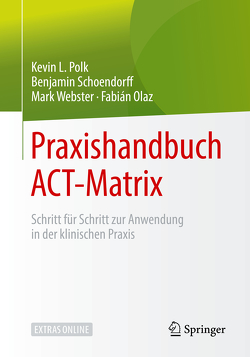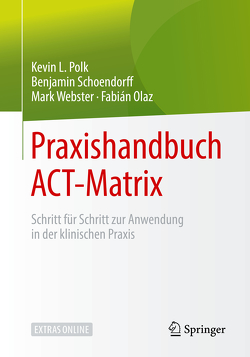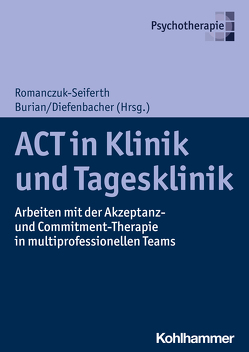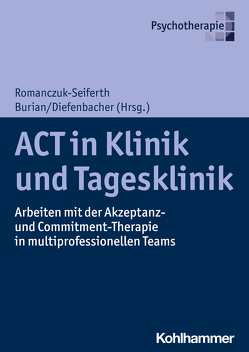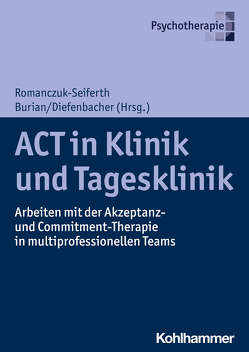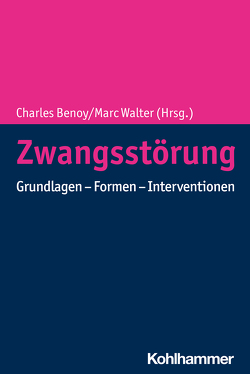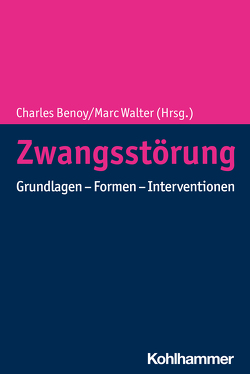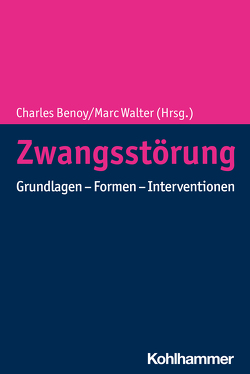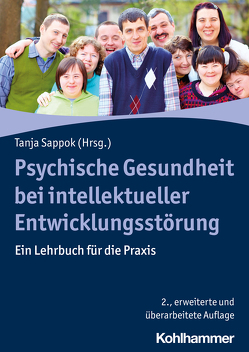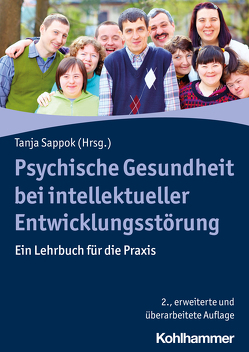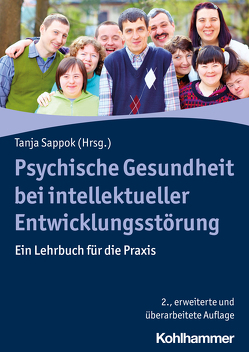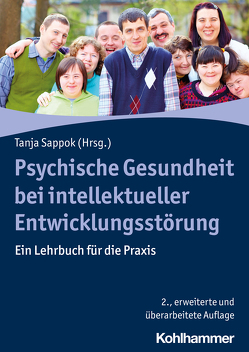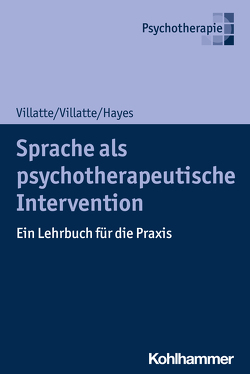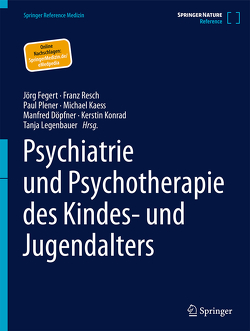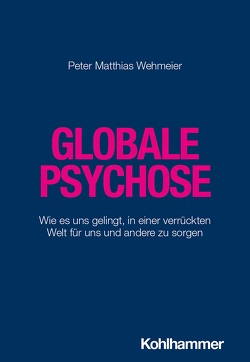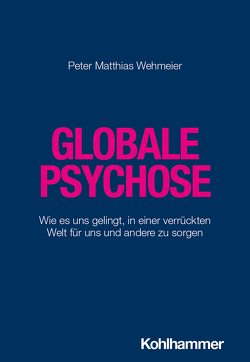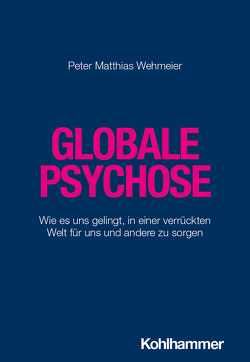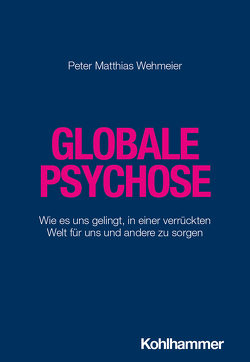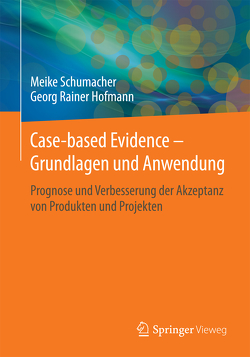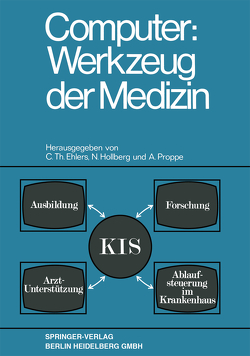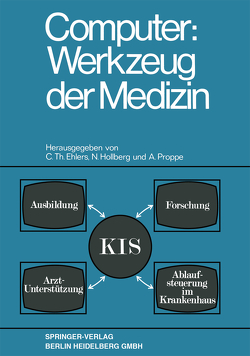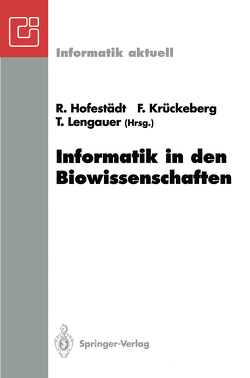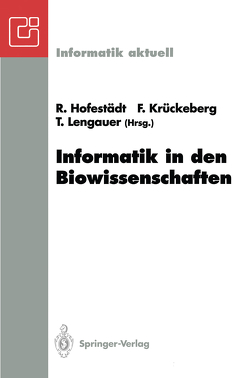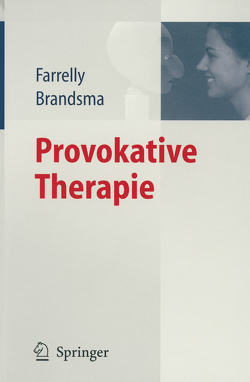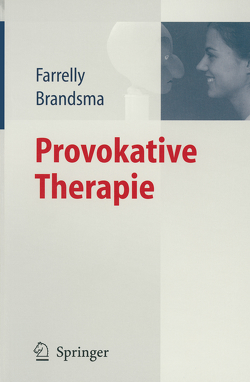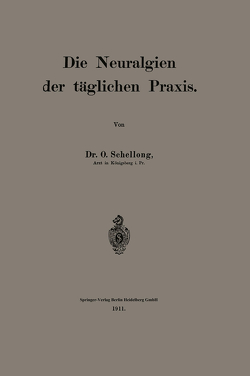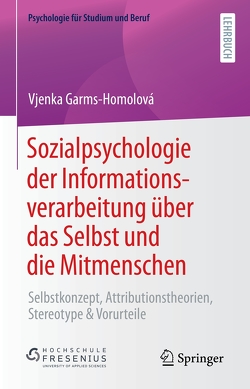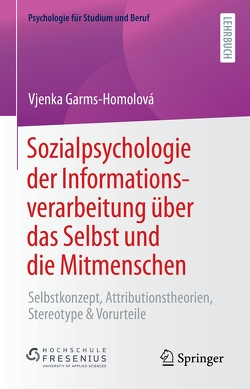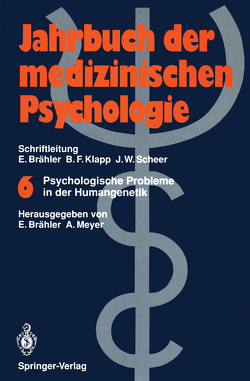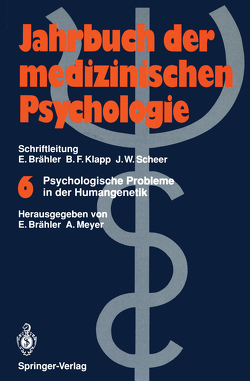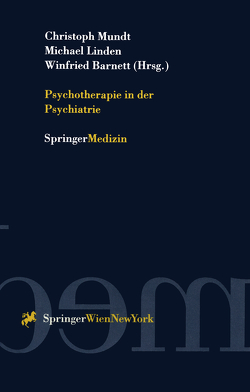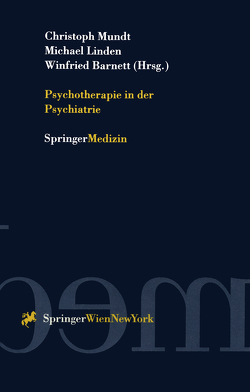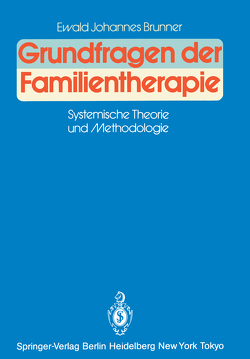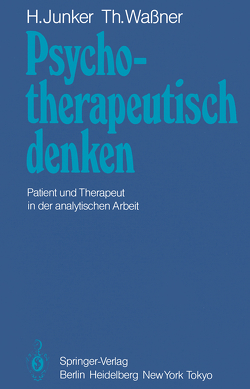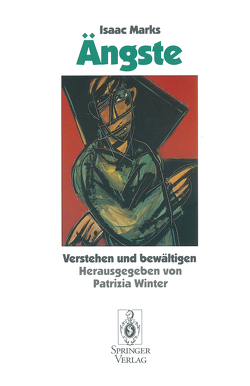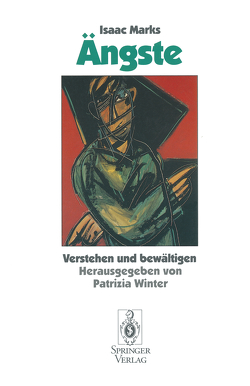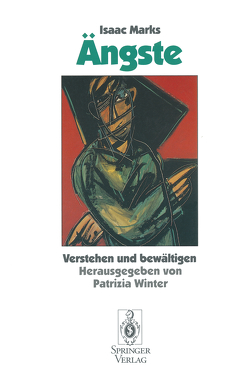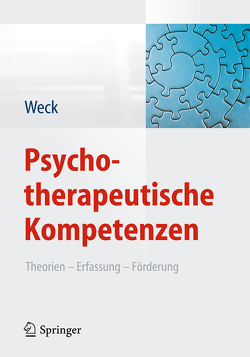ACT in Klinik und Tagesklinik
Arbeiten mit der Akzeptanz- und Commitment-Therapie in multiprofessionellen Teams
Klaus Ackermann, Barbara Annen, Herbert Assaloni, Charles Benoy, Kerem Böge, Christine Brancato, Alexander Brümmerhoff, Nicole Bührsch, Ronald Burian, Claudia China, Claudia Dambacher, Marie Christine Dekoj, Albert Diefenbacher, Annegret Dreher, Emre Ergen, Andrea Flatow, Vanya Gocheva, Susan Gruber, Eric Hahn, Steven C. Hayes, Mona Heinrich, Stefan G. Hoffmann, Cornelia Hörmann, Patrick Jeger, Julia Kilian, Veronika Kuhweide, Tanja Legenbauer, Sari Multamäki, Ray Owen, Inga Pontow, Mareile Rahming, Nina Romanczuk-Seiferth, Graciela Rovner, Mareike Samaan, Katrin Schudel, Ralf Steinkopff, Michael Waadt, Stefan Wagler, Maike Wolf, Elizabeth Zimmermann
Acceptance and commitment therapy (ACT) is one of the modern evidence-based methods of behavioural therapy. According to this approach, psychological problems and illnesses are based on unfavourable learning processes and can therefore be modified by new experiences. In ACT, it is central to provide an individual with the basic skills and competencies needed for the best possible degree of psychological flexibility. Psychological flexibility is an important prerequisite for human well-being. It allows people to adapt to a wide variety of situations and to create a fulfilling, value-oriented life for themselves. As psychotherapy approach used for several disturbances, ACT is increasingly finding its way into the treatment services provided by both in-patient and outpatient departments. This book is the first comprehensive specialist publication to focus on the application of this therapeutic approach in hospital settings and to present ways of implementing it using multiprofessional teams and for different target groups in a practical manner.

